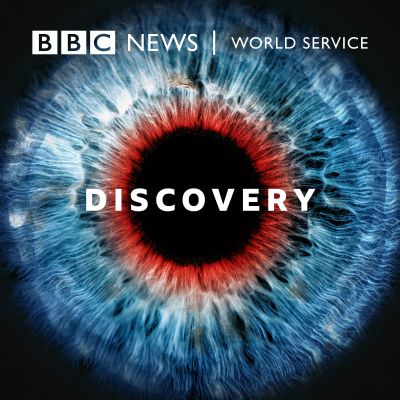Episode 1
Kevin Fong looks beyond the failure of Robert Falcon Scott's expedition to be the first to reach the South Pole and focuses instead on the scientific legacy of Scott's explorations of Antarctica between 1901 and 1912. In recent years, much has been written about Scott the polar loser and bungler. But that personalised focus ignores the pioneering scientific research and discoveries. The revelations transformed Antarctica from an unknown quantity on the map into a profoundly important continent in the Earth's past and present. Before Scott and Shackleton trekked across the vast ice sheets in the early 1900s, no-one was sure whether there was even a continent there. Some geographers had suggested Antarctica was merely a vast raft of ice anchored to a scattering of islands. The science teams on Scott’s expeditions made fundamental discoveries about Antarctic weather and began to realise the frozen continent's fundamental role in global climate and ocean circulation. They discovered rocks and fossils which showed Antarctica was once a balmy forested place. They mapped the magnetism around the South Pole for both science and navigators. They found many new species of animals and revealed the extraordinary winter breeding habits of the penguins. The dedication to scientific discovery is most poignantly revealed by fossils that Scott's party collected after their disappointment of being beaten by Amundsen and a few weeks before they froze to death trudging across the Ross ice shelf. They found a particular plant fossil which had been one of the Holy Grails on the early explorations of Antarctica's interior. Its discovery proved an hypothesis raised by Darwin among others that all the southern continents were once linked together by a landmass that would lain where Antarctica is today. The fossils were also important evidence to support the new and controversial theory of Continental Drift - a theory which now underpins the entirety of modern Earth science. (Image: Captain Robert Falcon Scott writing at a table in his quarters at the British base camp in Antarctica. Credit: Press Association)
